Ten Questions for Charles Yu
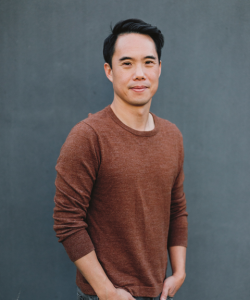
“I had a substantially different version of this book that just wasn’t working, scrapped it, did that again, and then the third time was a charm.” —Charles Yu, author of Interior Chinatown
Jump to navigation Skip to content
Articles from Poet & Writers Magazine include material from the print edition plus exclusive online-only material.

“I had a substantially different version of this book that just wasn’t working, scrapped it, did that again, and then the third time was a charm.” —Charles Yu, author of Interior Chinatown

“It’s important to understand why the characters are writing to each other, what kind of language is particular to them, and what the form reveals or hides.” Mimi Lok contemplates the challenges and rewards of the epistolary form.
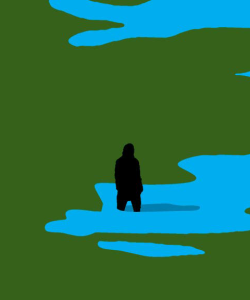
Ottessa Moshfegh’s Death in Her Hands, forthcoming from Penguin Press on April 21, 2020. Editor’s Note: This book’s publication date has been postponed to June 23, 2020.
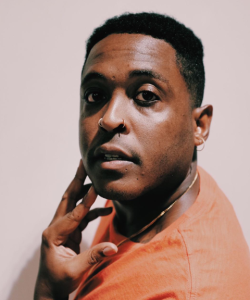
“The book didn’t announce itself to me until 2017, when I went looking for it. I scanned over the poems I had been writing, scanning to see what my brain had been up to without me noticing.” —Danez Smith, author of Homie
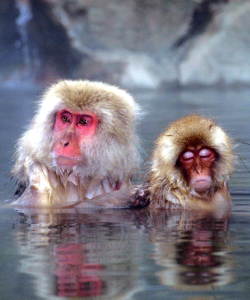
“Meditation is not a quick fix,” writes Mimi Lok. “It requires practice so that the mind gets used to stilling and quieting itself enough to listen.” In this Craft Capsule, Lok offers her method for cultivating stillness and silence.
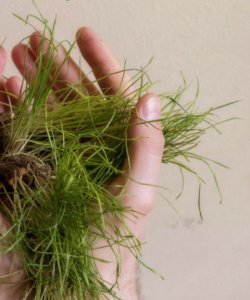
Mark Doty’s What Is the Grass: Walt Whitman in My Life, forthcoming from W. W. Norton on April 14, 2020.

The author of Cleanness and What Belongs to You talks about the uneasy marriage of capitalism and sex, the future of democracy, and love.
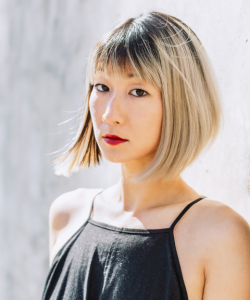
“I spent much of 2016 and 2017 not just trying to find my way back into the book but also trying to convince myself that art still mattered.” —Meng Jin, author of Little Gods

“What needs to start? What needs to stop? What needs to change?” Mimi Lok shares an exercise that helps her persevere through difficult writing projects.
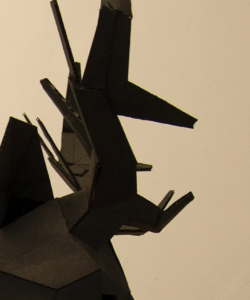
Justin Phillip Reed’s The Malevolent Volume, forthcoming from Coffee House Press on April 7, 2020.
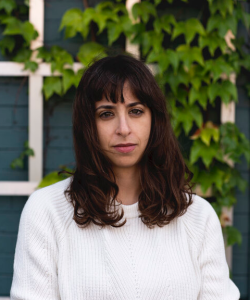
“It was important to me to err on the side of generosity in writing this book.” —Anna Wiener, author of Uncanny Valley
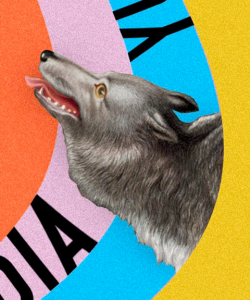
Lidia Yuknavitch’s Verge, forthcoming from Riverhead Books on February 4, 2020.
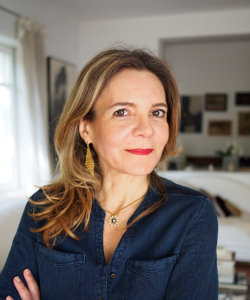
“I write every day when I am in the middle of a novel. And I write intensely when I am in the middle of a short story or a poem. At all other times I blame myself for not writing.” —Amanda Michalopoulou, author of God's Wife
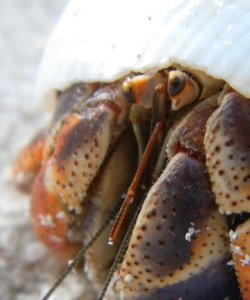
How do you know when to stop revising? Cameron Awkward-Rich shares a memorization exercise that helps him recognize when a poem is done.
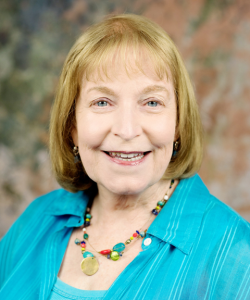
“The most challenging thing every time I sit down to write is to make the poem on the page as alive as the poem in my head.” —Barbara Crooker, author of Some Glad Morning
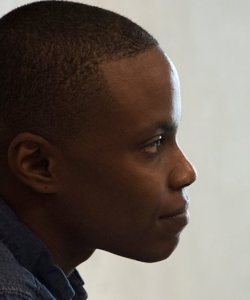
Cameron Awkward-Rich weighs the ethical demands of elegy.

“Fridays I would slash and burn upwards of 80 percent of that week’s word haul. Anything that stayed had to earn its keep.” —Tommy Pico, author of Feed
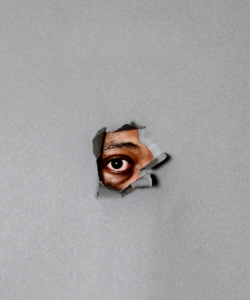
Cameron Awkward-Rich considers the possibilities and pitfalls of “after” poetry—poetry inspired by or borrowing from another writer’s work.
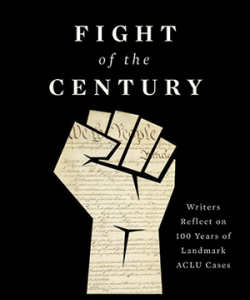
A look inside three new anthologies, including A Map Is Only One Story: Twenty Writers on Immigration, Family, and the Meaning of Home edited by Nicole Chung and Mensah Demary.
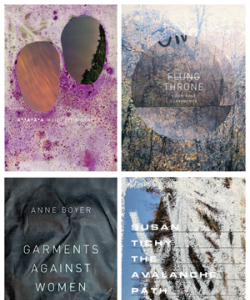
After more than forty years of publishing innovative poetry, Ahsahta Press will shutter in June 2020.
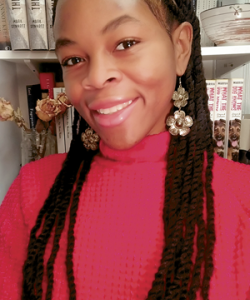
In the first installment of a yearlong series on publishing professionals, three literary agent assistants in New York City reveal the inner workings of a literary agency.
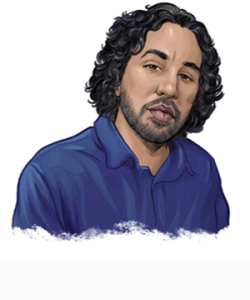
Ten debut poets published in 2019, including Camonghne Felix and Jake Skeets, share their advice, inspiration, and path to publication.
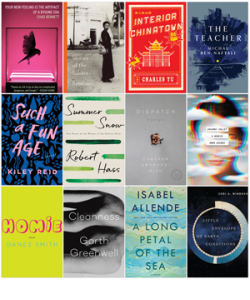
The first lines of a dozen noteworthy books including Cleanness by Garth Greenwell and Interior Chinatown by Charles Yu.

Courses in graphic storytelling gain popularity at MFA programs, workshops, and community spaces across the United States.

Artist Diane Samuels turns works of literature inside out in a dramatic process of creative rewriting that highlights the intimate relationship between writer and reader in a painstaking homage to the ultimate act of creativity: writing.